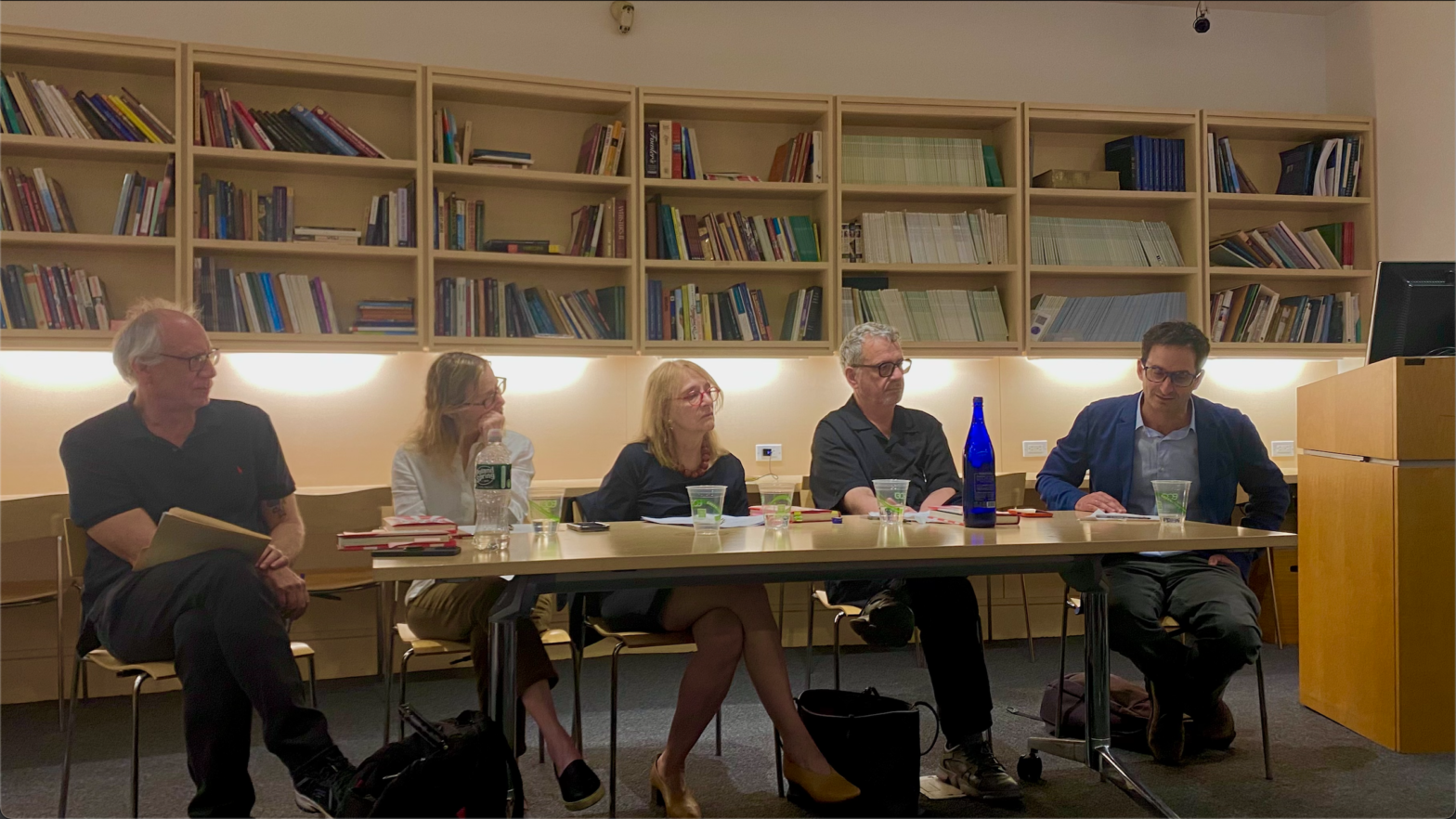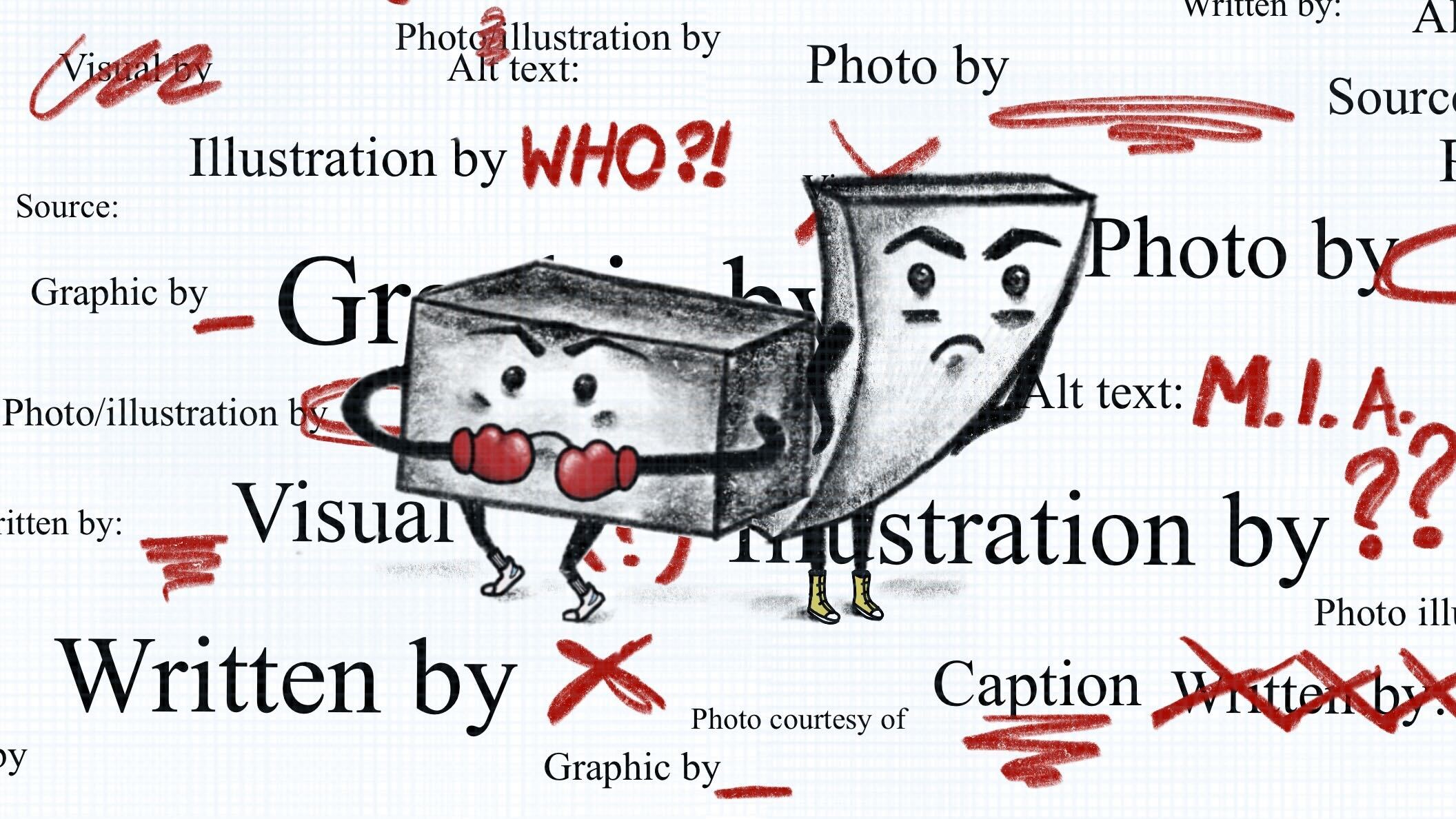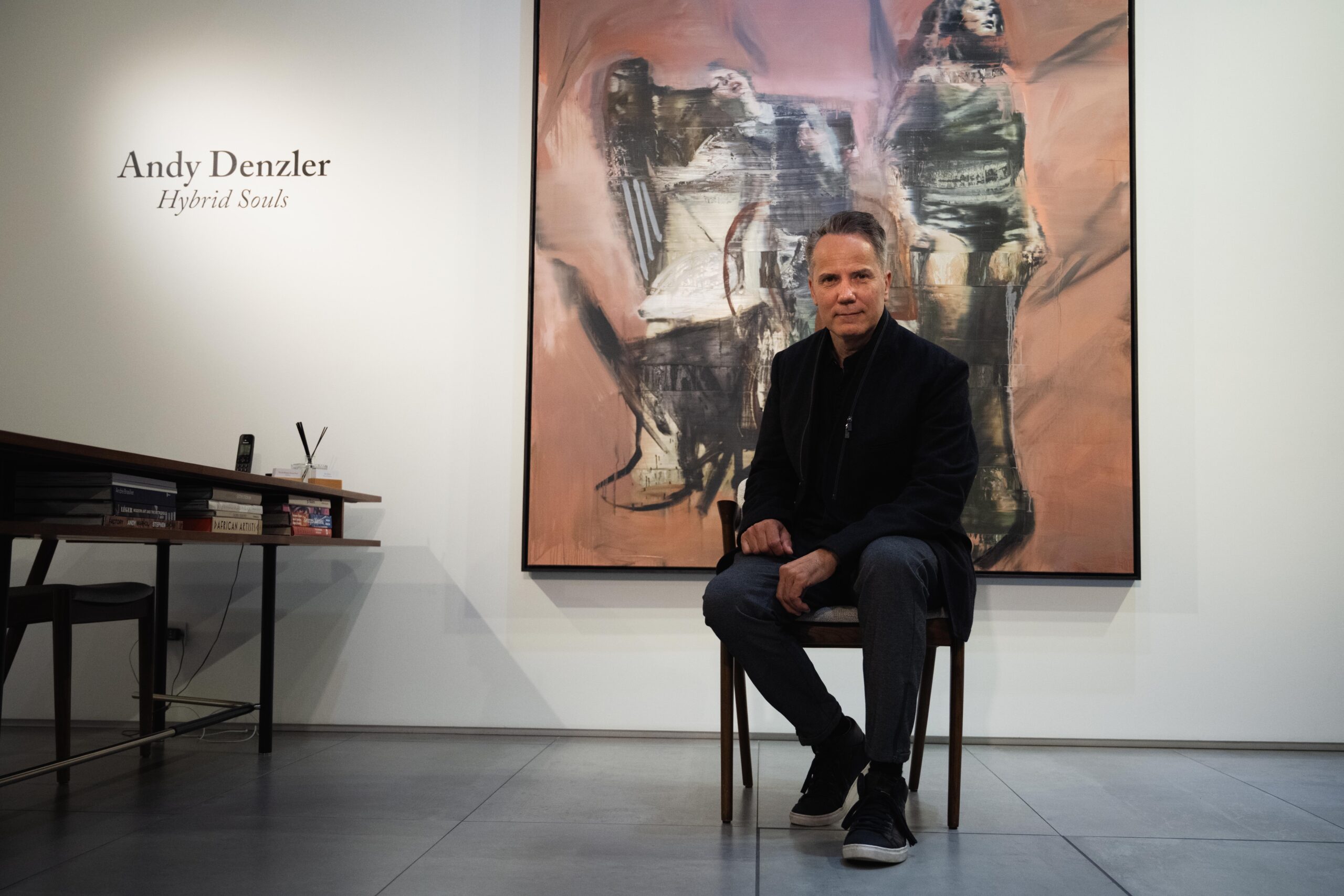The New School frequently emphasizes the value of discourse and debate. In President Joel Towers’ Aug. 15 email titled “A Message From President Joel Towers: A Question For The Community,” he wrote that “the informed and passionate expression of ideas, critique, and dissent are part of who we are.” Last Thursday’s launch of New School Professor Federico Finchelstein’s latest book, The Wannabe Fascists: A Guide to Understanding the Greatest Threat to Democracy, originally published in May of this year, put our principles into practice. Discussion questions ranging from probing our current political system to the looming, eye-brow raising inquiry — How do we even know if we’re facing facism? — were raised, dissected, and fiercely debated in front of a small crowd of students, faculty, friends, and family of The New School.
The event took place at the Vera List Center’s Wolff Conference room and included a lively panel discussion, an even livelier audience Q&A, and a variety of Argentine snacks. The Janey Program in Latin American Studies at The New School for Social Research, directed by Professor Finchelstein, hosted the event. The panel was moderated by Associate Professor of History at The New School for Social Research Oz Frankel, and the panel’s members were Distinguished Professor of Arts & Sciences at Cornell Mabel Berezin, Professor of History and French at Yale Carolyn Dean, and Associate Professor of Politics at NSSR Andreas Kalyvas. Finchelstein, who is a professor of History at NSSR and Eugene Lang College of Liberal Arts, expressed his gratitude to the panelists, describing the group as a “dream table, for me.”
The buzzing audience was spilling over from the arranged seating to the plush armchairs at the edges of the room. The event began with Oz Frankel’s tongue-in-cheek remark that this book was “not the guide on how to become a fascist,” setting the conversational tone for the rest of the evening.
Each panel member spoke on the book, highlighting strengths, raising criticisms, and asking questions of Finchelstein. Nothing was off-limits — conversation topics included the Jan. 6 insurrection, campaign slogans of today, gender theory, and the merits of a liberal democracy. Berezin described the book as “provocative,” Dean called it “wonderfully insightful,” and Kalyvas succinctly described the book as raising “one of the most important questions of our time”— how do we identify and prevent fascism when it’s on the horizon?
Finchelstein reminded the audience that he was the “author, not the owner” of the ideas he wrote in his book, leading to a Q&A that ebbed and flowed with gumption and amicable back-and-forth. The Q&A discussion was in some ways a mirror image of the conversations among Finchelstein and his students that brought the book to be. Describing the book as “a product of The New School,” Finchelstein explained that many of the ideas he wrote about in the book were first presented to, and discussed by, students in his seminar classes.
Berezin also emphasized the importance of the conversation following the panel. “I think listening to these kinds of debates among scholars who’ve spent a lot of time thinking about these things is extremely important,” not only for students of history or politics, but for anyone interested in becoming an “informed citizen,” she said.
Finchelstein described the role of college students in political engagement as central. The current youth perspective on political issues is unique, according to Finchelstein. Students in the past “were not as confronted by … attacks against democracy as we are today. [They] see this as part of a reality that was not there before,” he said.
Students engaging with one another on difficult and uncertain topics of our time is clearly something these professors want to support. Berezin urged students to engage in “civic education, talking to others,” and “the dissemination of knowledge,” — all tactics she feels are important in the fight against the rise of fascism. In Finchelstein’s opinion of the evening — “this is what the New School is about.”








Leave a Reply